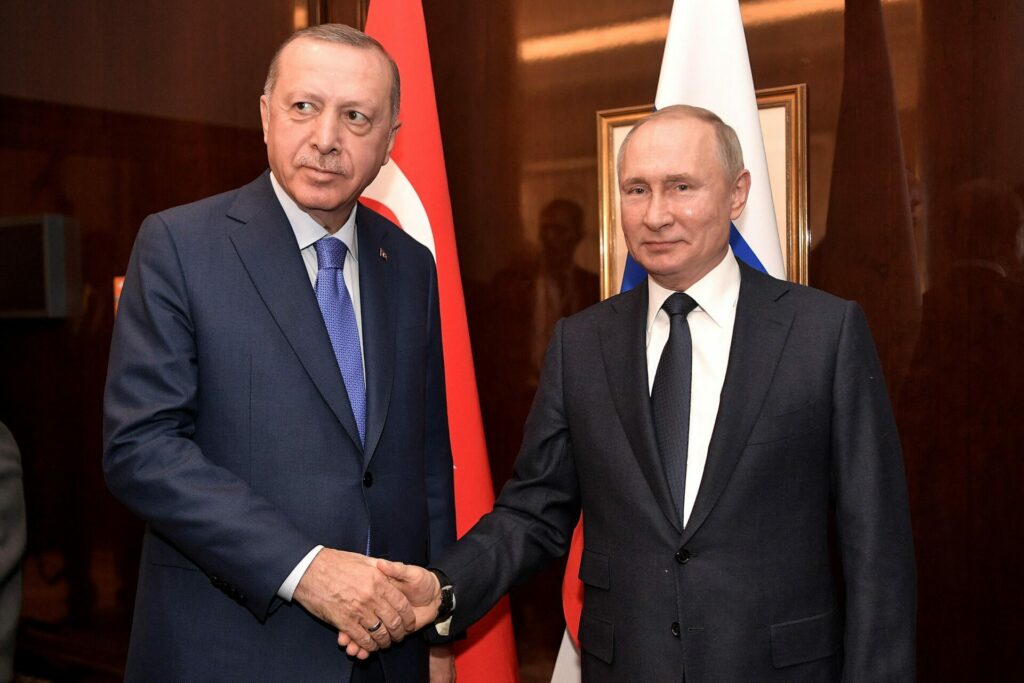A coordination centre responsible for supervising the transport of grains in accordance with the agreement signed on July 22 by Ukraine, Russia, Turkey and the UN, will open on Wednesday in Istanbul, the Turkish ministry announced on Tuesday.
The inauguration will be attended by the Turkish Defence Minister of Defence Hulusi Akar, as well as a Russian delegation which is expected to arrive in Istanbul on Tuesday to take part in the ceremony, according to the Russian state news agency TASS.
The opening of the Joint Coordination Center (JCC) was provided for in the agreement signed in Istanbul to allow the resumption of grain exports blocked in Ukraine since the beginning of the Russian invasion.
The resumption of exports should relieve countries dependent on the Russian and Ukrainian markets, which together account for 30% of the world's wheat trade.
The JCC will be responsible for conducting inspections of ships leaving and returning from the Black Sea, as required by Moscow.
The Russian air strike on Saturday which targeted the Ukrainian port of Odesa, a port which is vital for the grain trade, however, raised concerns about the implementation of the agreement.
Putin and Erdogan to meet in August
On Tuesday it also emerged that Turkish President Recep Tayyip Erdogan will travel to Sochi, Russia on 5 August to meet his Russian counterpart Vladimir Putin, the Turkish presidency announced on Tuesday.
The two leaders met for the last time on July 19 in Tehran, three days before the signing of the grains agreement.
This surprise meeting on the shores of the Black Sea also comes as the Turkish president has been threatening since May to lead an offensive in northeastern Syria.
He wants to establish a 30km security zone on its border in order to keep out the Kurdish PKK rebel fighters and allies. The Kurdistan Workers' Party (PKK) is considered a terrorist organisation by Turkey, the United States and the European Union.
In Tehran, Erdogan had said to be determined to carry out this offensive despite the repeated opposition of President Putin and their Iranian counterpart Ebrahim Raïssi, who both support auxiliary militias in the region.
The three heads of state nevertheless signed a joint statement implicitly supporting Ankara, saying they "reject all illegitimate self-determination initiatives."

